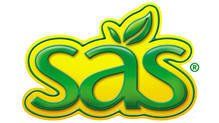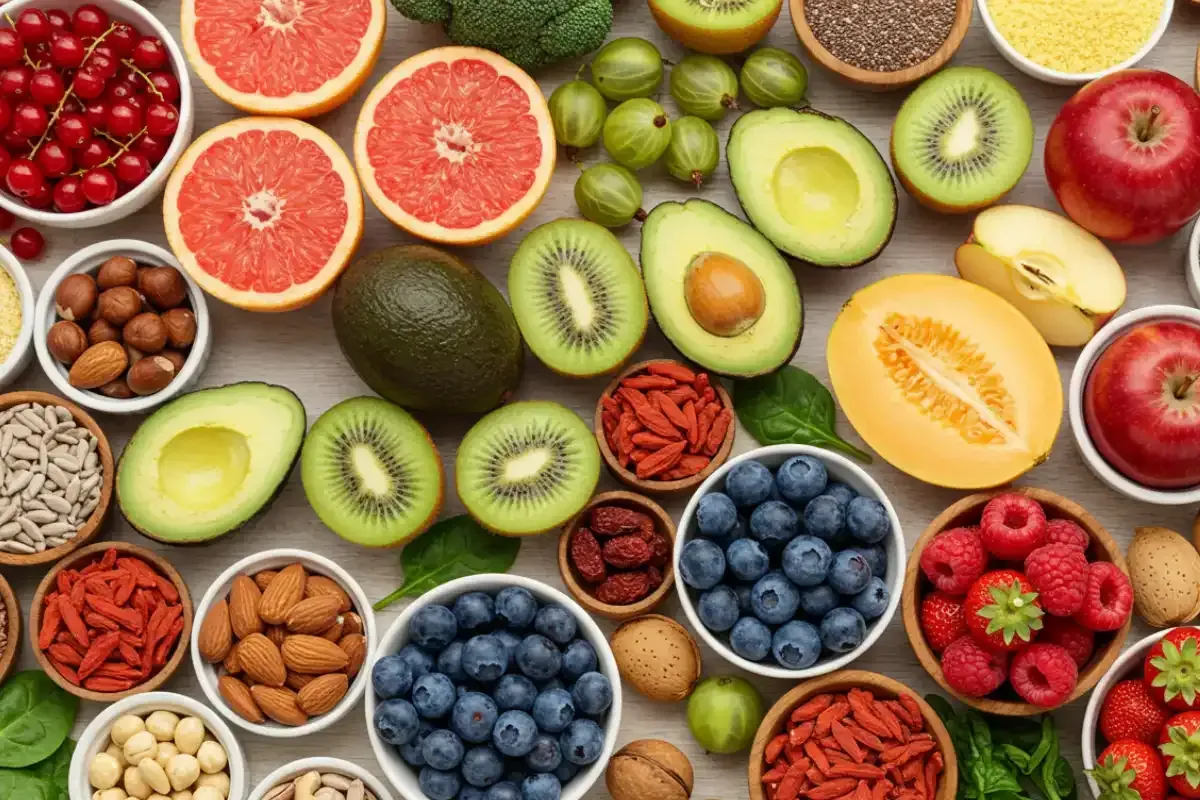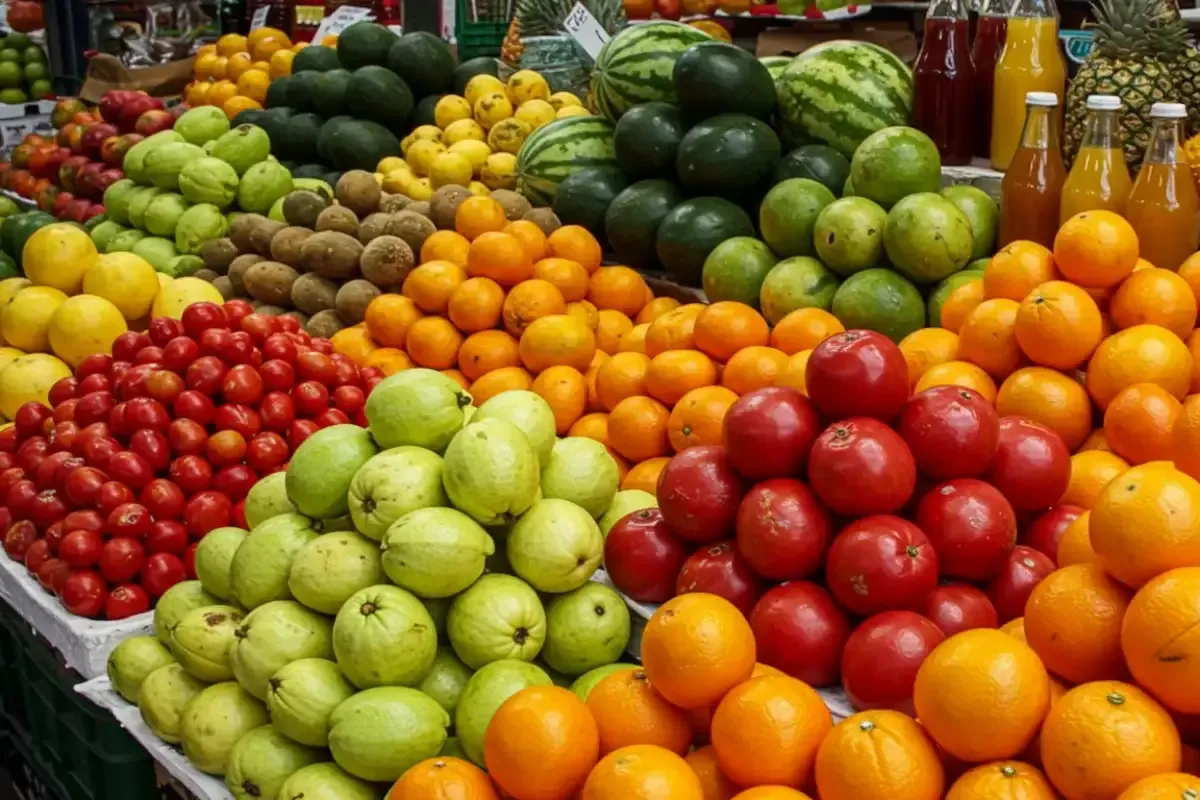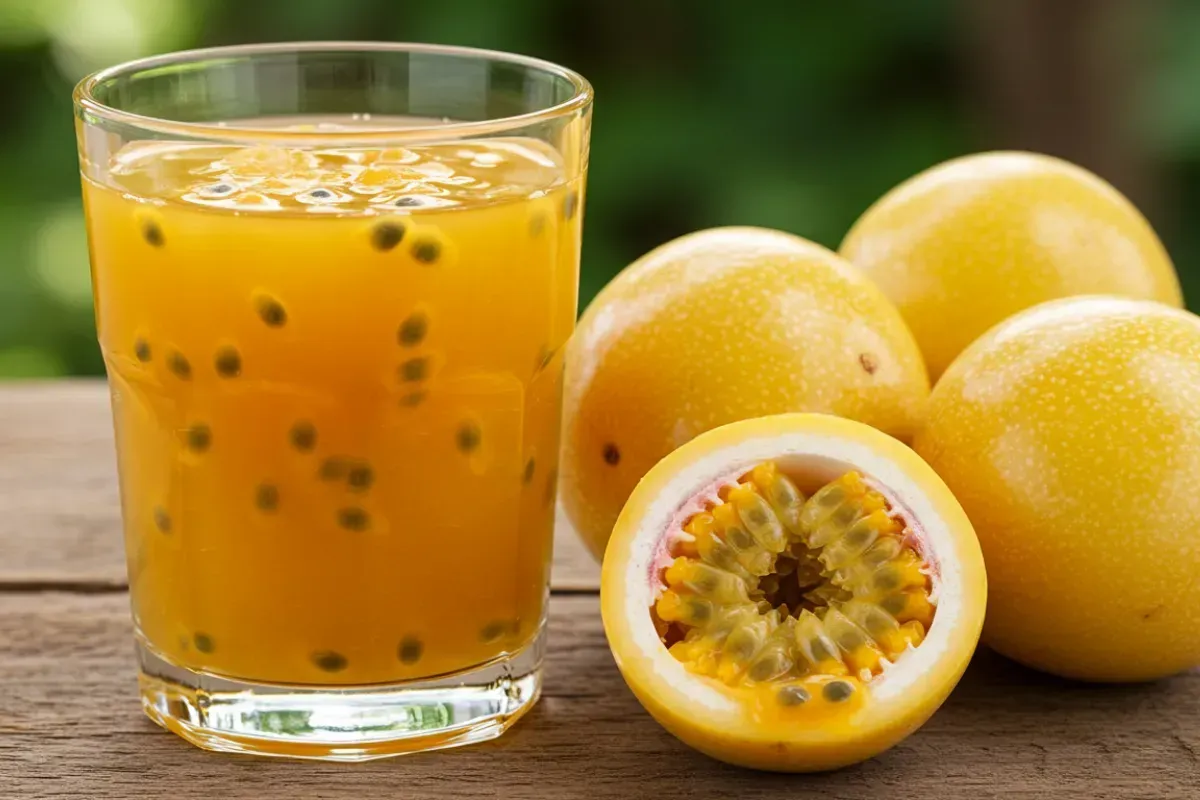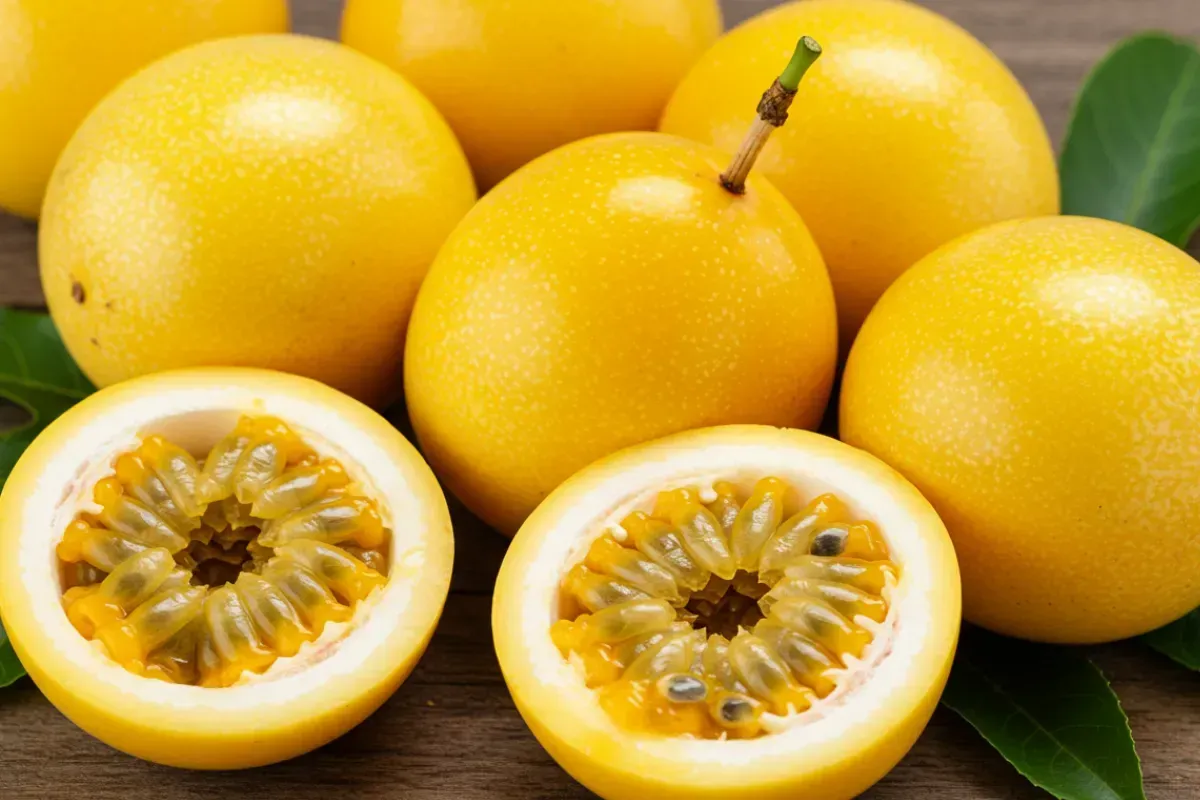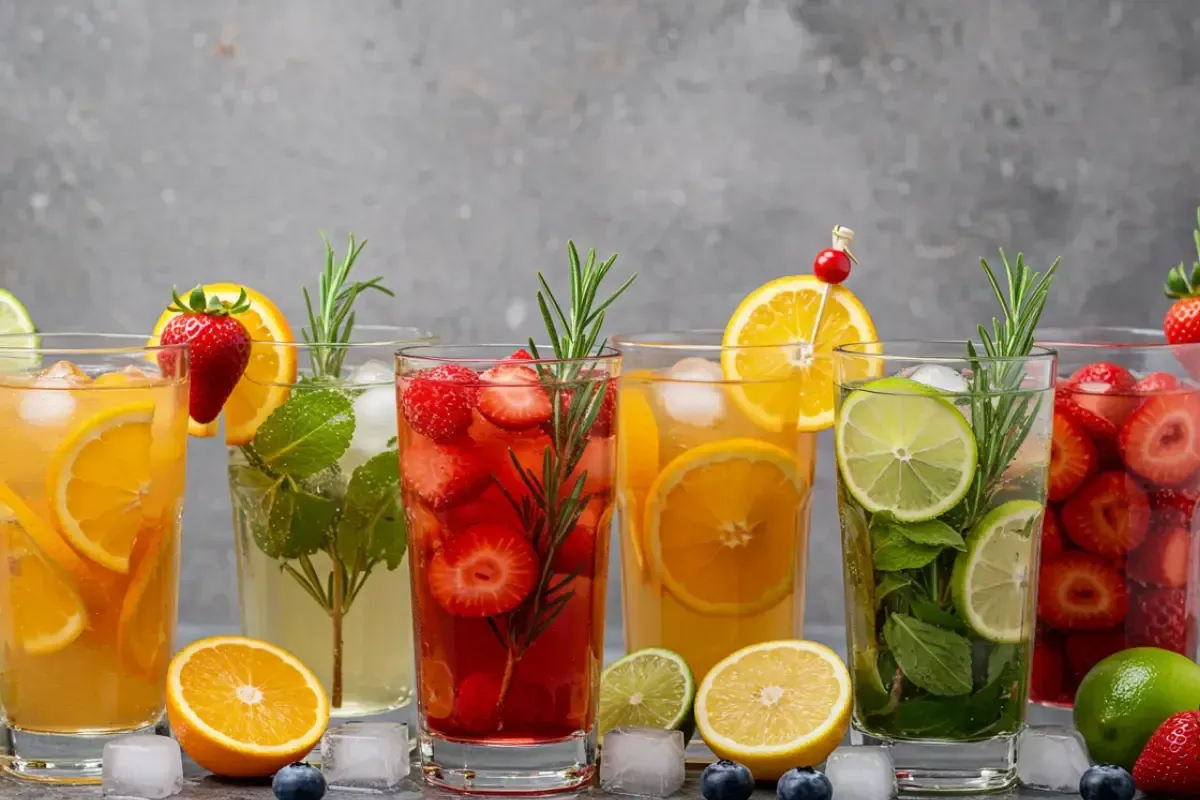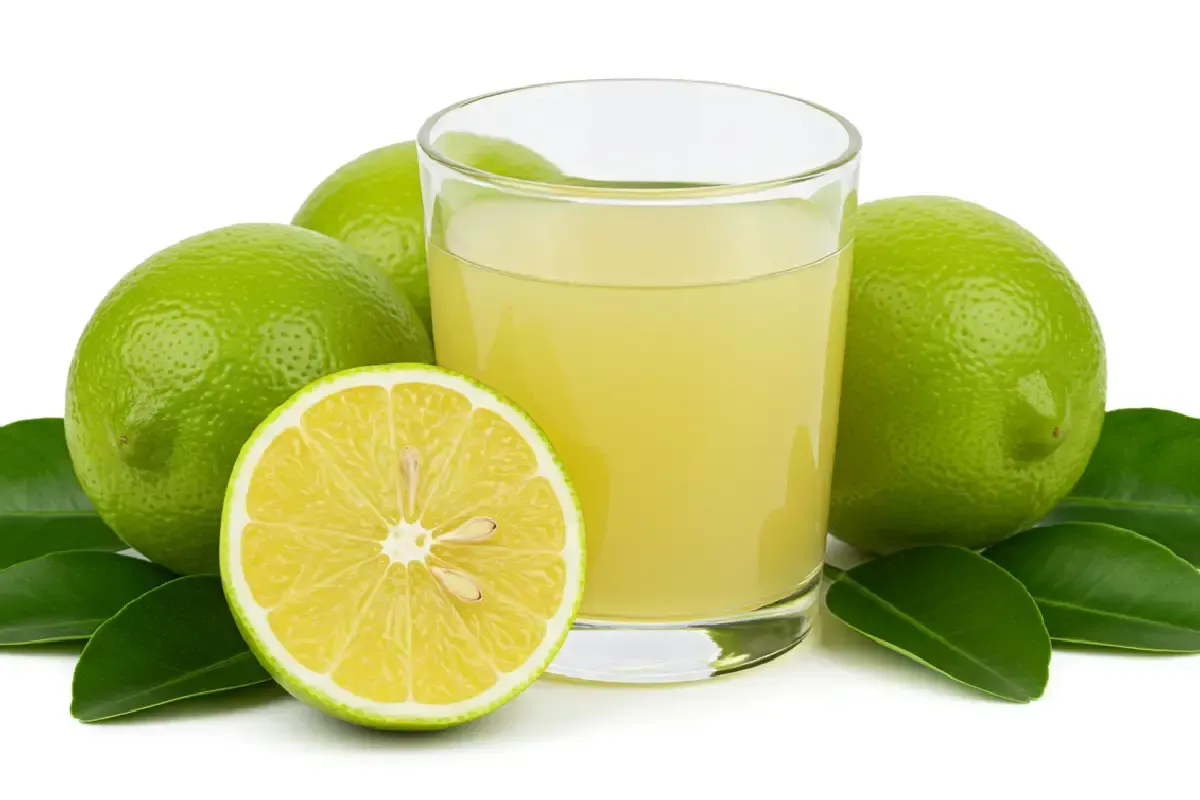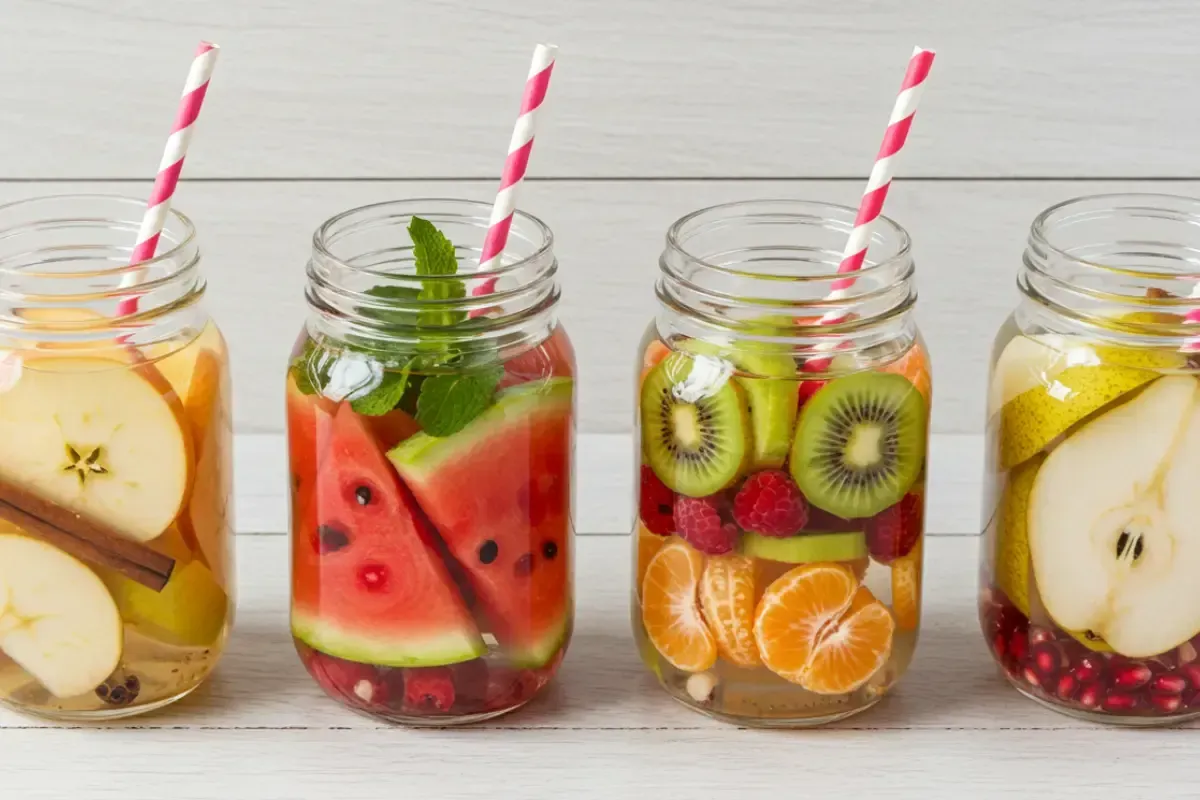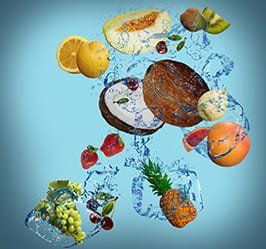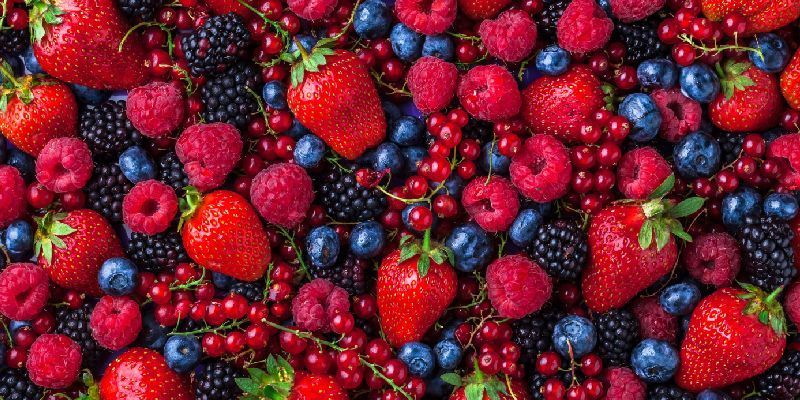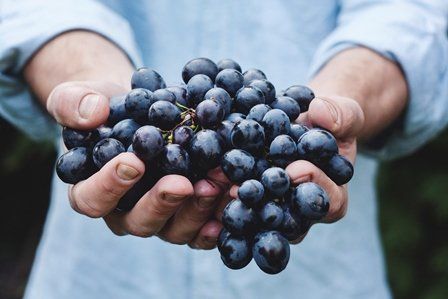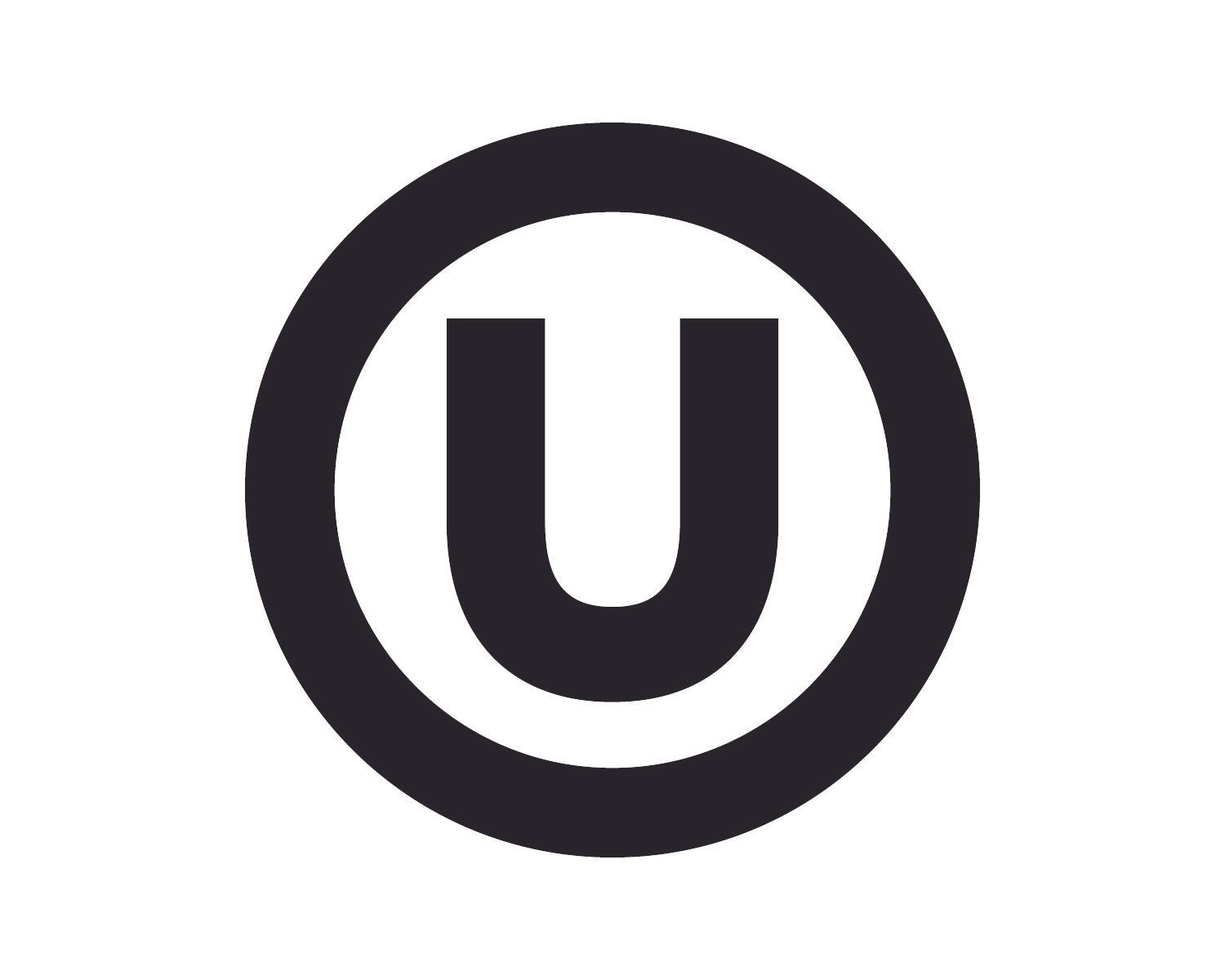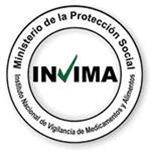Food safety, key in bakery products
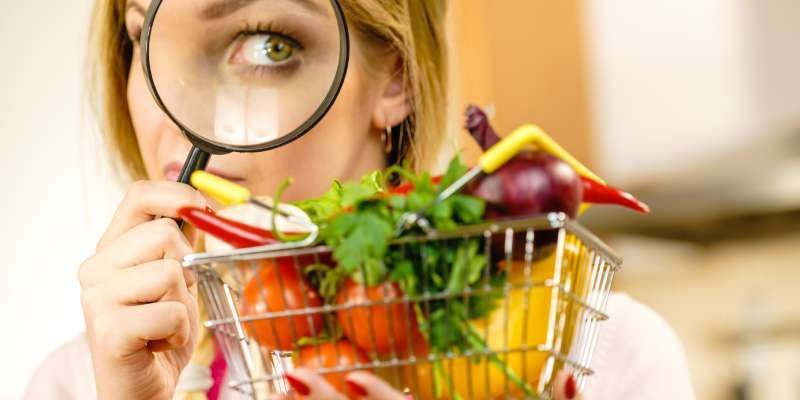
When food and beverages are produced and distributed, one of the fundamental aspects is food safety. But what is it? This term refers to the possible risks associated with food (FAO, n.d.). Therefore, it includes those measures and conditions that must be considered during (Ministerio de Salud y Protección Social, n.d.):
· Production.
· Storage.
· Distribution.
· Food preparation.
This way, it is guaranteed that when ingested, food does not pose any risk to health and meet the expected quality. Bellow, we explain why it is important and its relevance within the bakery industry.
What importance does this concept have?
Nothing less than the life and integrity of people. It is therefore essential that both producers and distributors do not lose sight of good food safety practices.
According to the United Nations numbers, unsafe food causes more than 600 million cases of disease each year (United Nations, 2023). The need to raise awareness about this issue is so important that World Food Safety Day is commemorated on June 7. This indicates that mitigating these risks is a priority in the food and beverage industry.
Food safety in the bakery industry
In this industry, there are significant concerns regarding eggs, butter, and milk due to a high possibility of bacteria growth. This can lead to food spoilage and, consequently, food poisoning (The Food Safety, n.d.). For this reason, we want to show you some good practices to promote gastronomic integrity.
There are three aspects to consider in this industry: physical pollution, inadequate allergen control and acrylamide. Let's examine them in detail (ibid.). Firstly, physical contamination occurs when an external object enters the product. For example, a jewel, a piece of any object or hair. This happens during the production process. In order to prevent it, you can:
· Use protective clothing in the production area.
· Prohibit the use of jewelry, fake nails, or eyelashes.
· Eliminate or limit the use of glass, ceramics, or breakable materials.
· Perform frequent maintenance on production equipment.
· Monitor the presence of metals in finished products.
Regarding allergen control, there are 14 of them. Hence, we must take maximum care. So, if you are going to use them, you must ensure:
1. Keep them in a special storage area to prevent contamination.
2. Clean the area thoroughly before using any other product.
And, finally, acrylamide. This chemical is formed in starch products cooked at 120 °C or higher. Consequently, we must ensure that safe levels are not exceeded.
Other practices to consider
Among them is the supply chain. This involves validating supplier accreditation and implementing a system for stock reception. That is, ensuring packaging integrity, appropriate temperature, and so on.
In addition, dry warehouses, freezers, or showcases are essential to prevent any contamination. As a result, they should be reviewed periodically. It is also important to train staff on the proper handling of products and processes.
Lastly, it is important to promote the simplicity of reports and records. Thus, we can take timely action to avoid unfortunate situations (National Baking Industry Association, n.d.).
In summary, implementing food safety is key to safeguarding the protection and quality of products. And, in turn, it fosters customer confidence, increases productivity, and reduces economic losses.
Bibliographic References
- FAO. (n.d.). Programa Especial para la Seguridad Alimentaria (PESA) Centroamérica.
- Ministerio de Salud y Protección Social. (n.d.) Calidad e inocuidad de alimentos.
- National Baking Industry Association. (n.d.). Food Safety Challenges for Bakeries.
- The Food Safety. (n.d.). Food safety in bakeries.
- United Nations. (2023, June 7). Why improving food safety is important.
